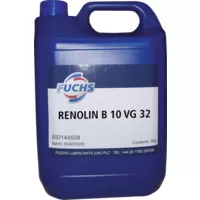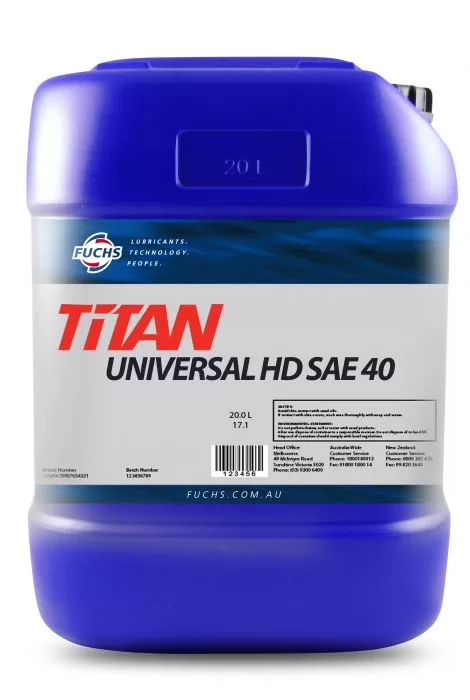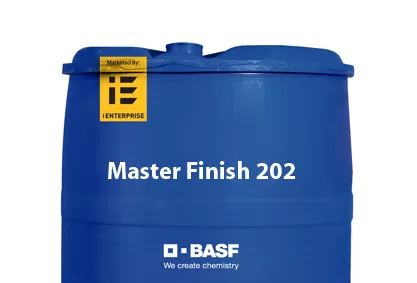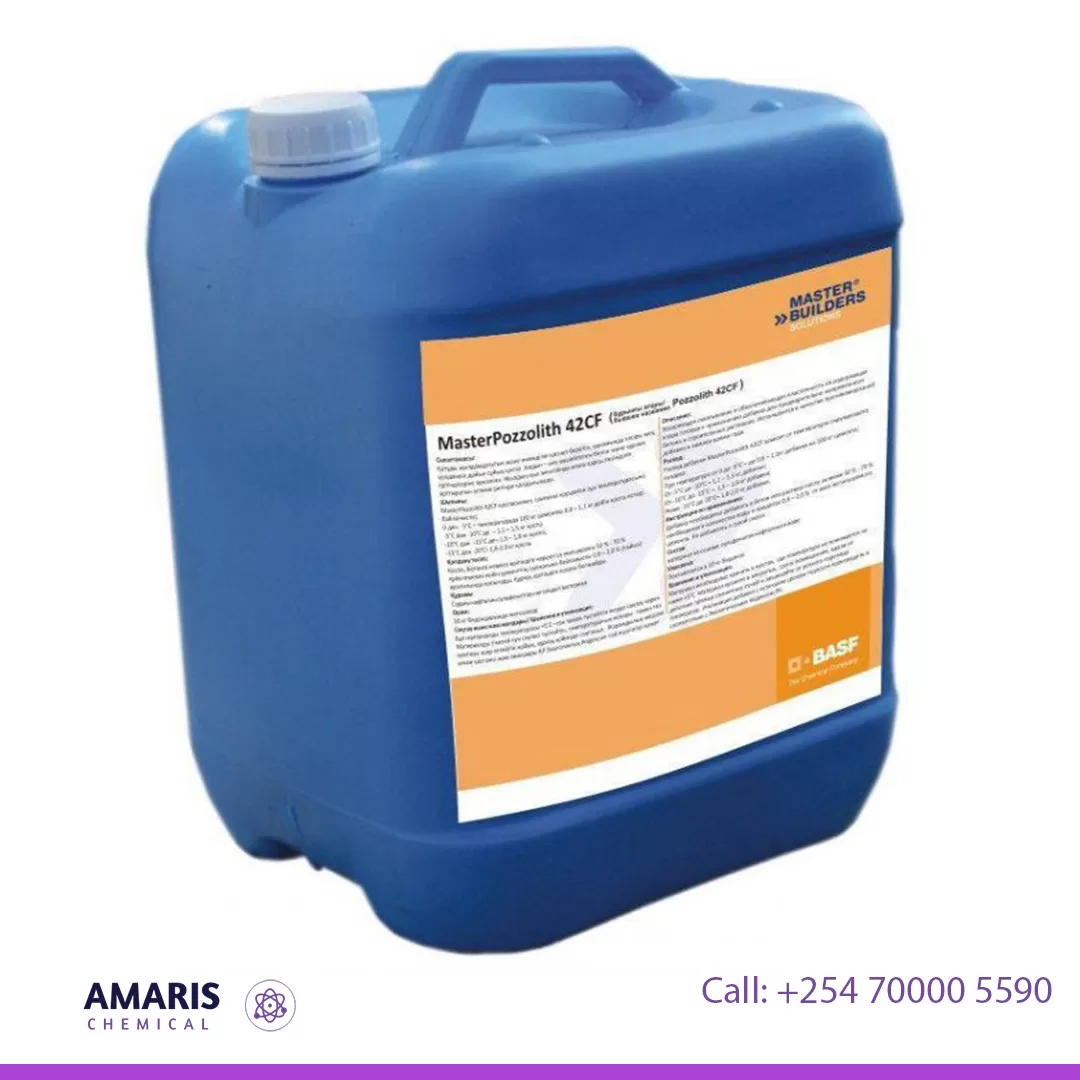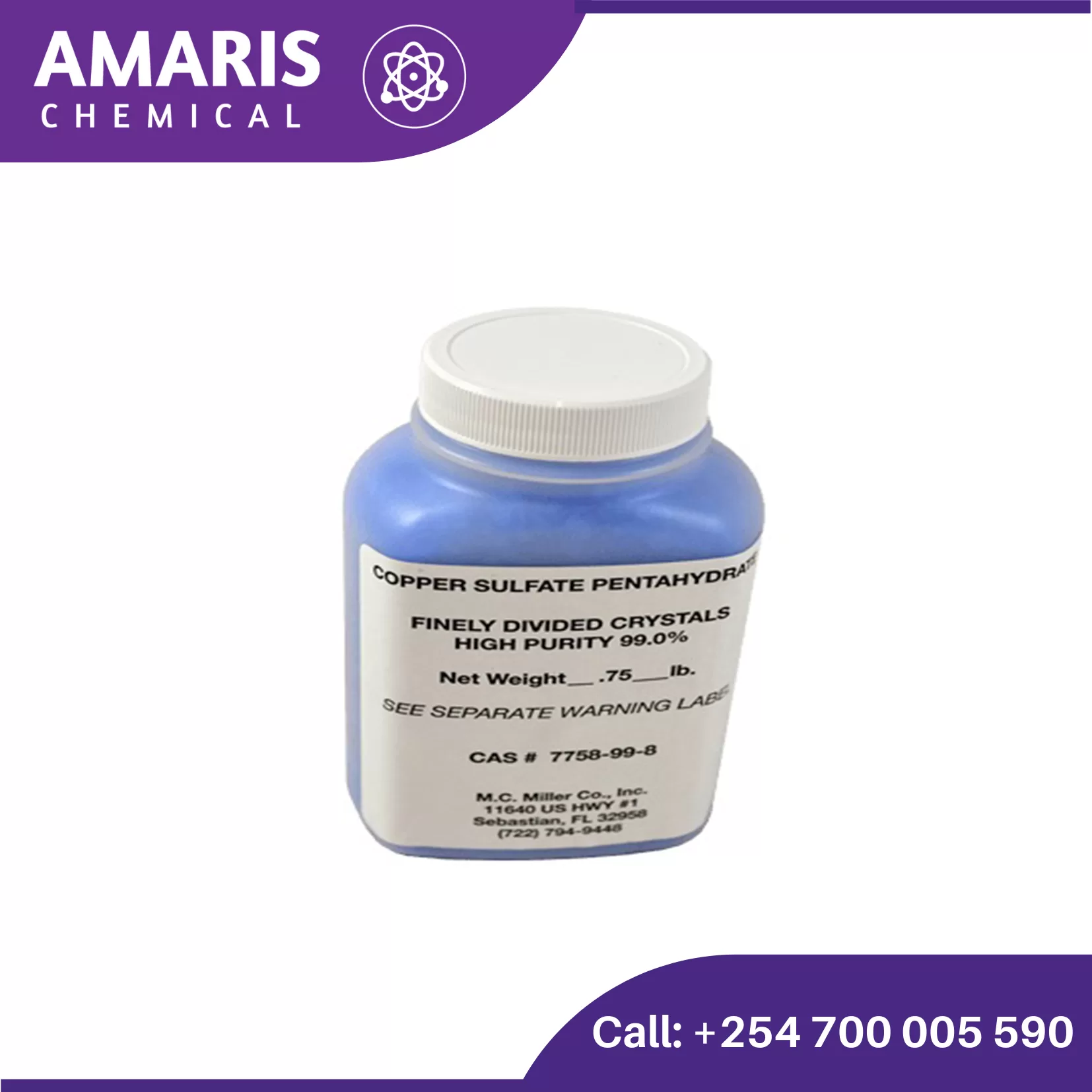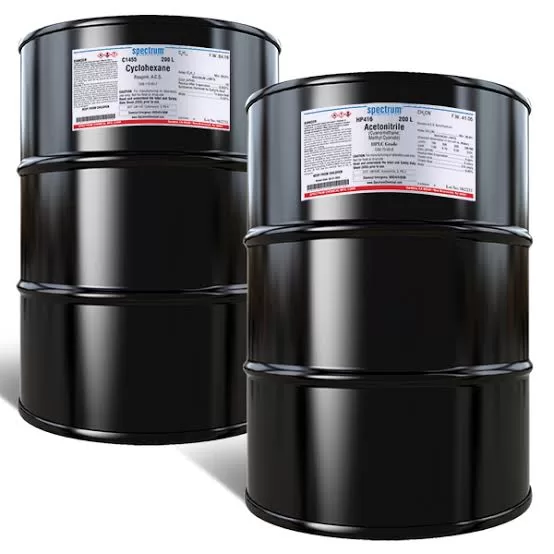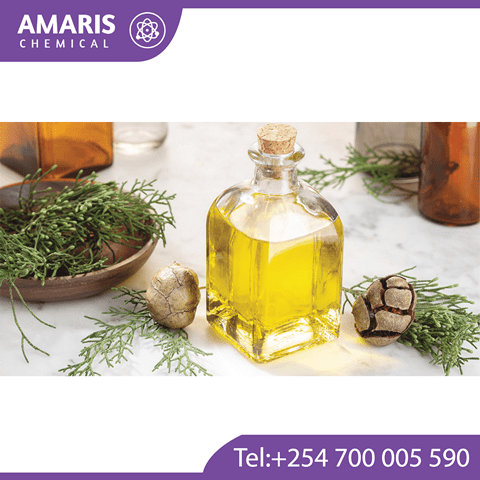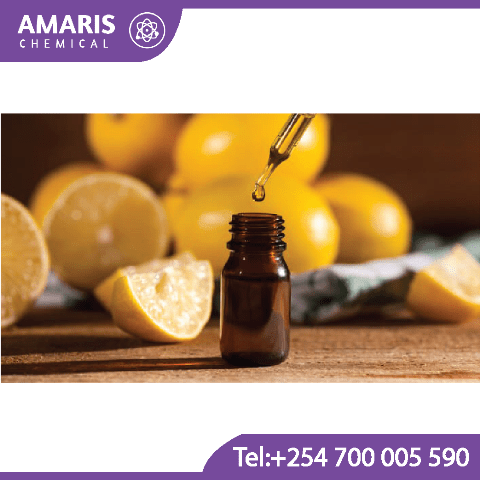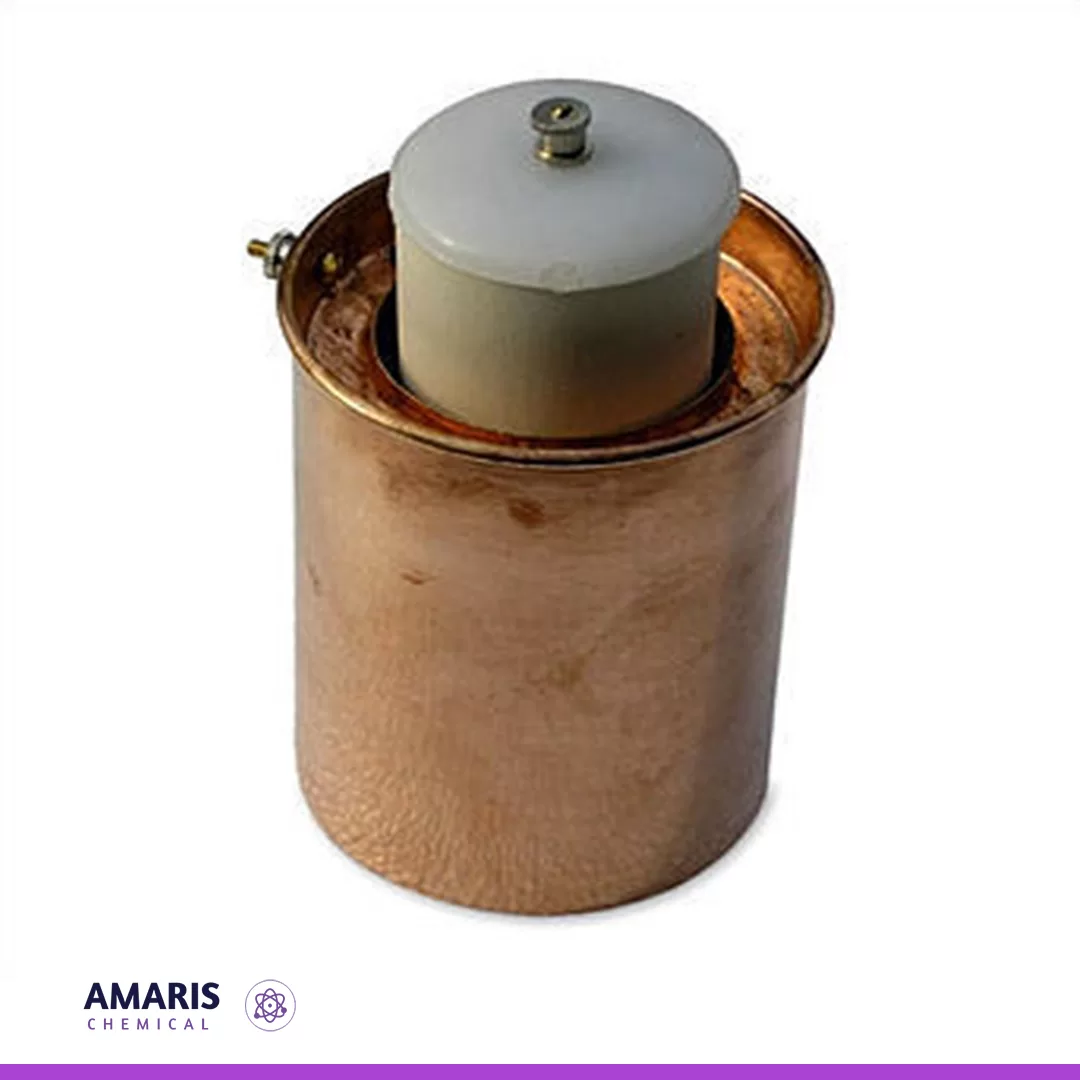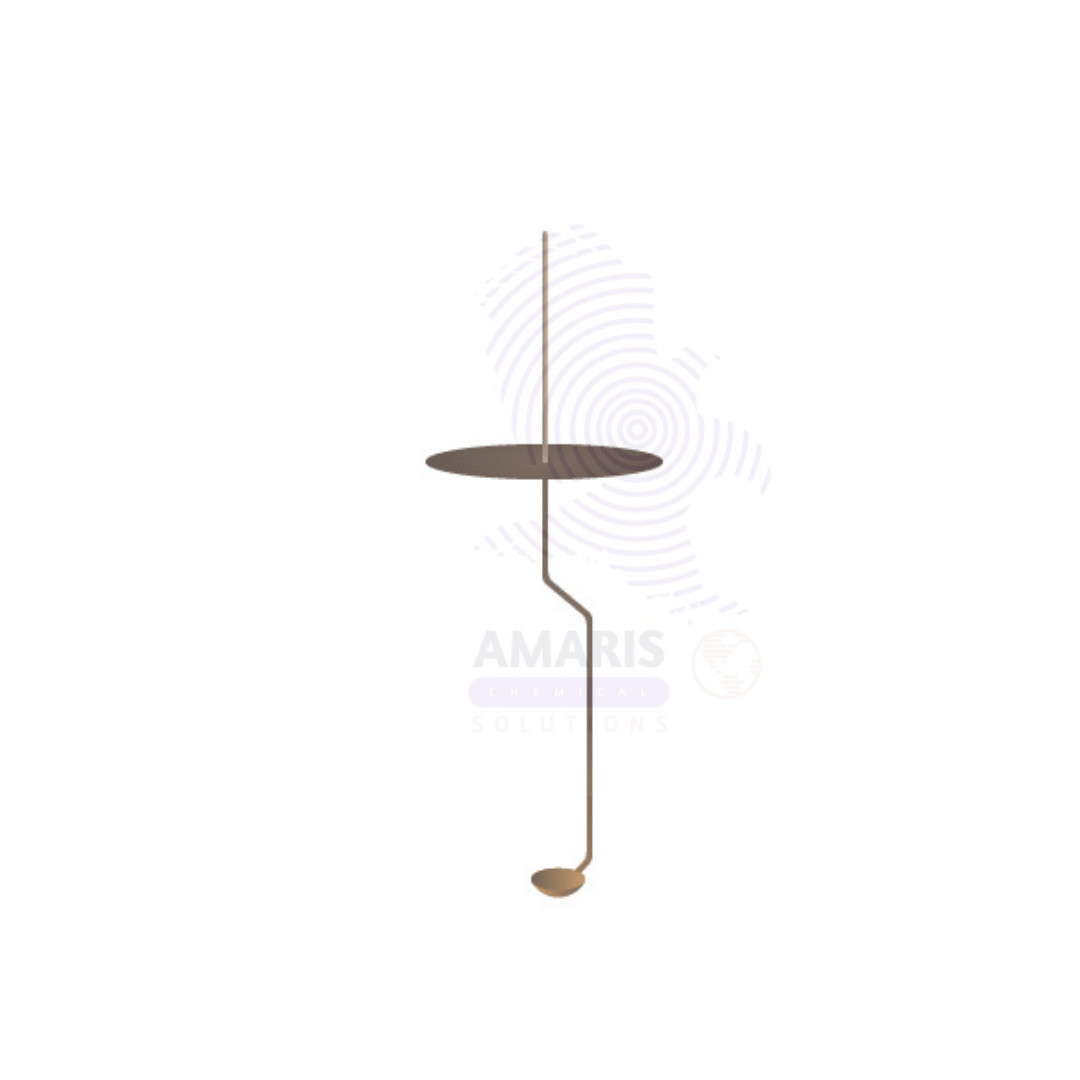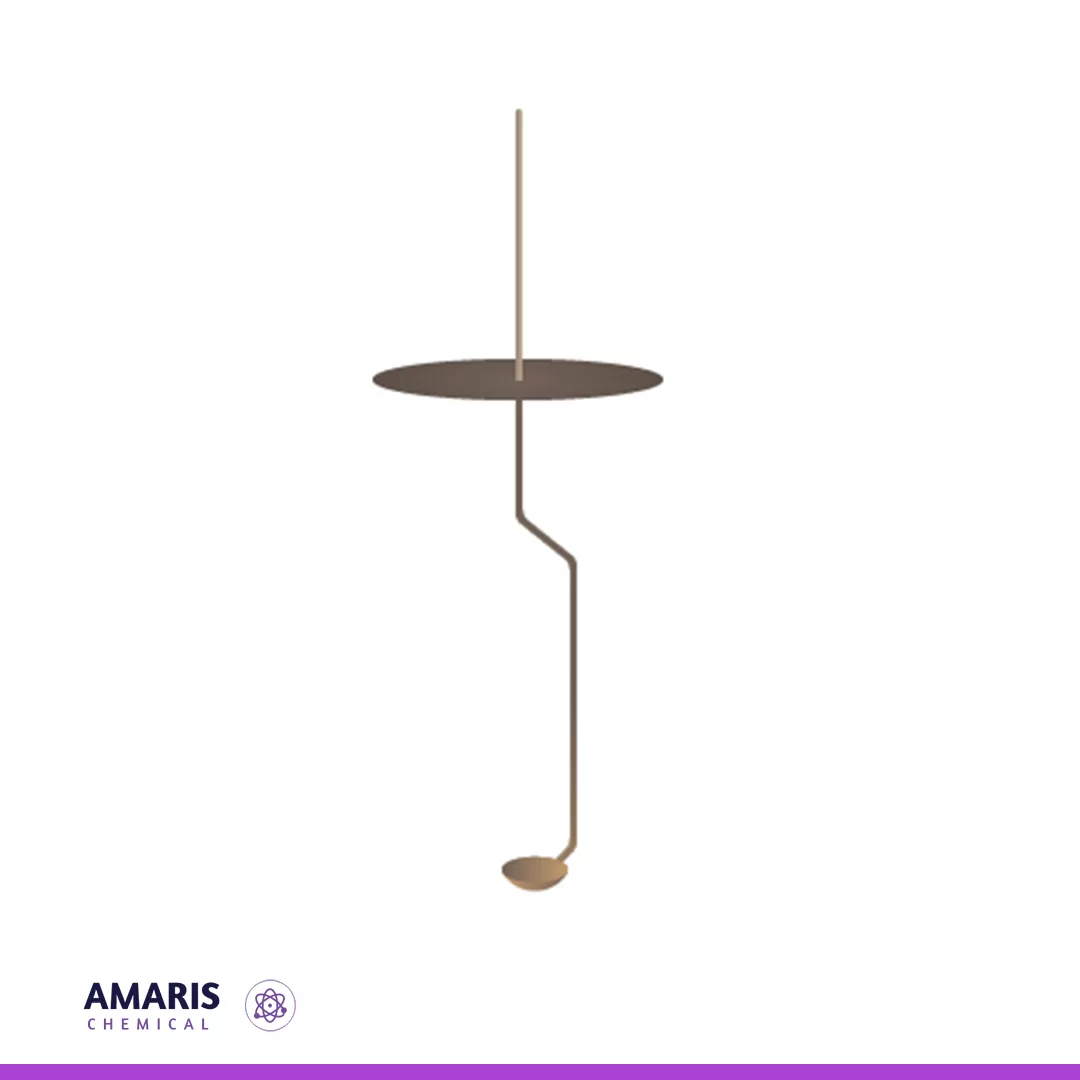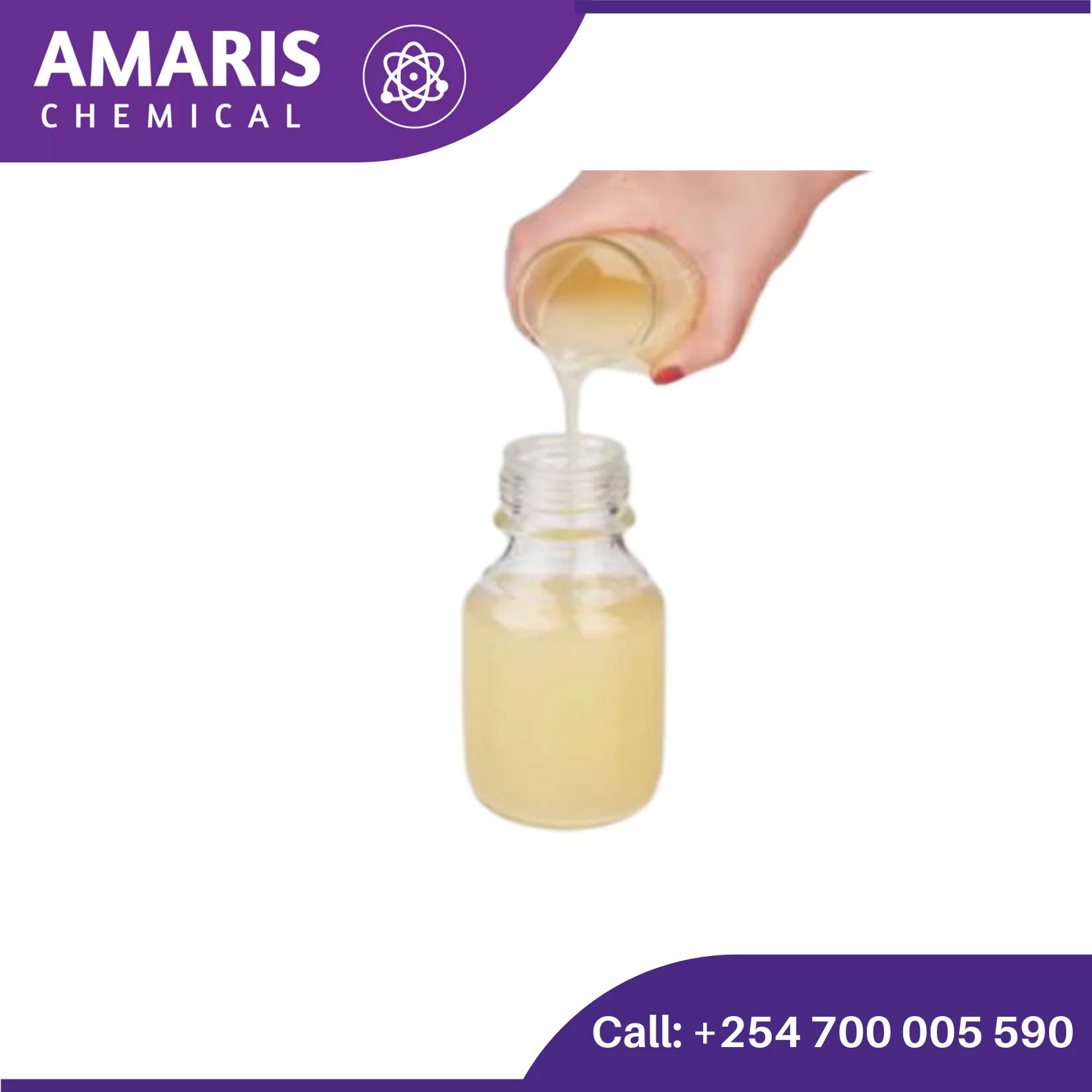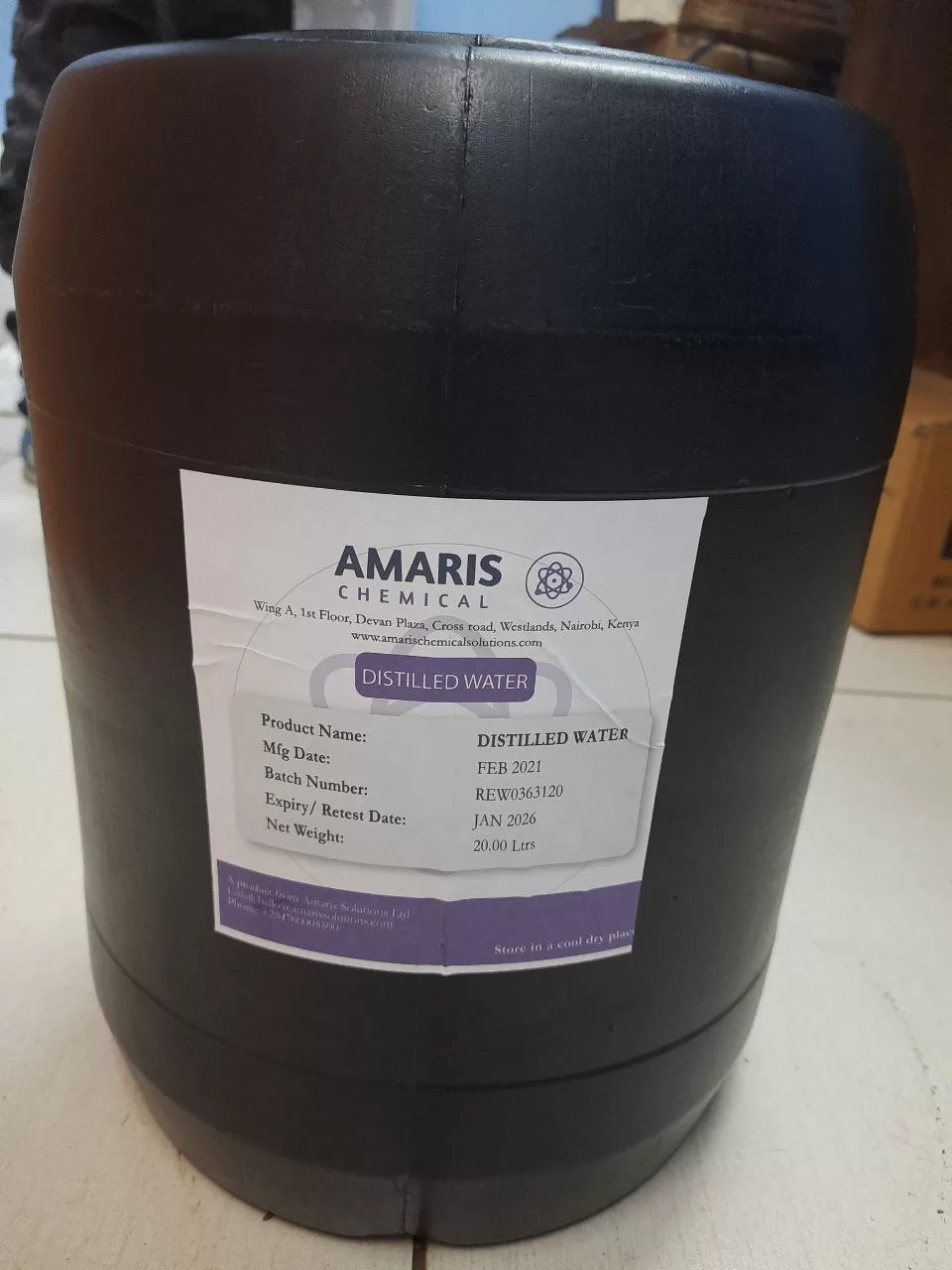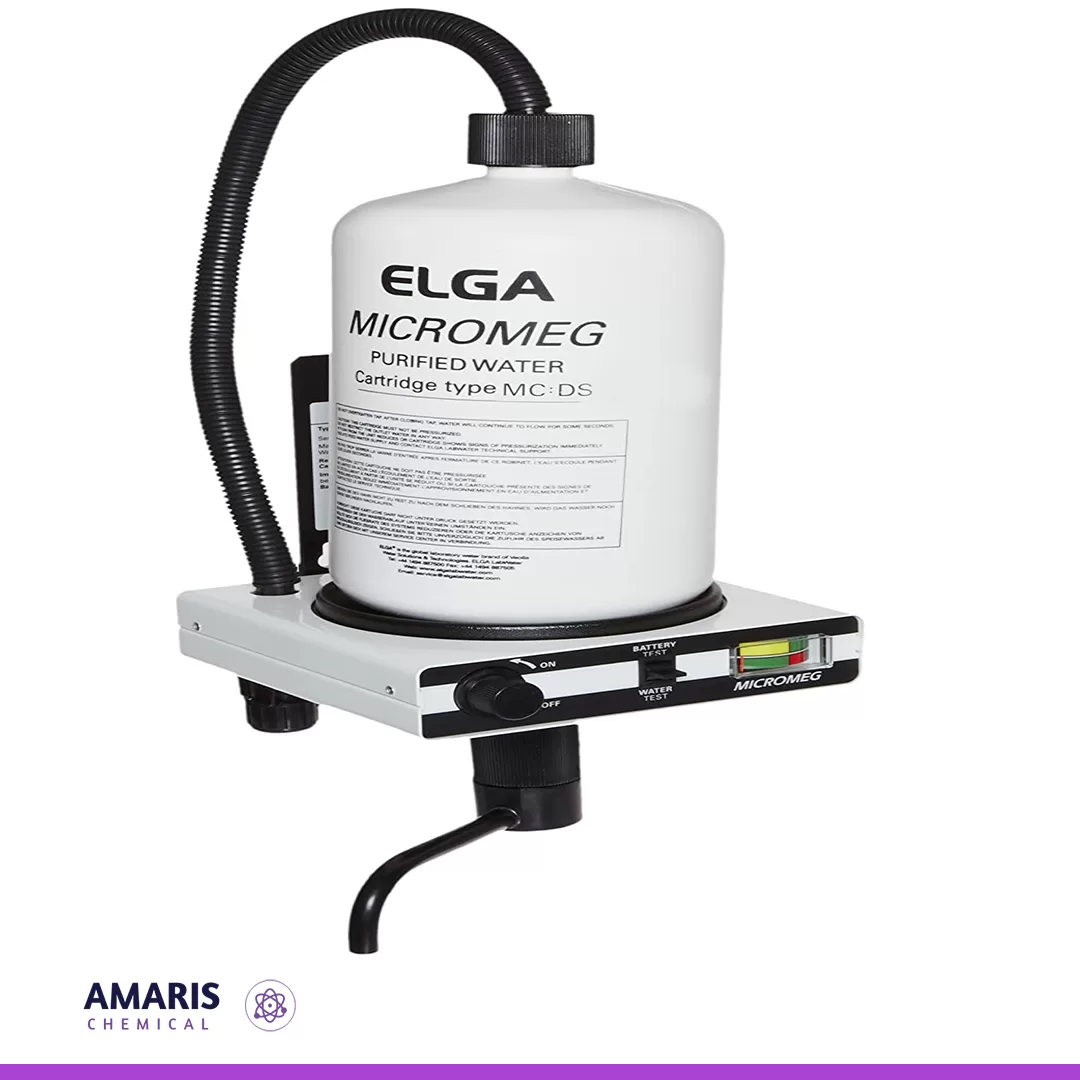Cupric Sulphate Pentahydrate
Daniel cell
Deflagrating Spoon
A deflagrating spoon is a laboratory utensil designed for heating small quantities of solids. Typically made of heat-resistant materials like metal, it features a shallow, bowl-like structure with a long handle. This design allows for safe handling and manipulation of reactive or flammable substances. The spoon is used primarily to conduct combustion reactions, melt solids, or carry out small-scale heating experiments while minimizing direct exposure to flames. Its ability to provide controlled heating makes it an essential tool in chemistry and materials science labs.
Defoamer
A defoamer, also known as an anti-foaming agent, is a chemical additive that reduces and eliminates foam formation in liquids. Foam is formed when gas is trapped in a liquid, and it can cause problems in various industrial processes, such as in the production of food and beverages, pulp and paper, and wastewater treatment. Defoamers work by destabilizing foam bubbles and breaking them apart, allowing the gas to escape from the liquid. They typically contain surfactants or oils that spread over the surface of the liquid to disrupt foam formation. Defoamers are available in various forms, including liquid, powder, and emulsion, and are used in a wide range of industries to improve process efficiency and product quality
Deionized water 20 litres
Deionized water, also known as demineralized water, is water that has had its mineral ions (such as sodium, calcium, iron, and copper) and dissolved solids removed through a process called ion exchange.
Distilled water, on the other hand, is water that has been purified by boiling it into steam and then condensing the steam back into water. This process removes impurities such as minerals, bacteria, and other contaminants.
Both deionized and distilled water are highly purified forms of water, but the processes used to purify them are different. Deionized water is typically used in laboratory settings or in industrial processes, while distilled water is commonly used in medical applications, humidifiers, and in some consumer products

